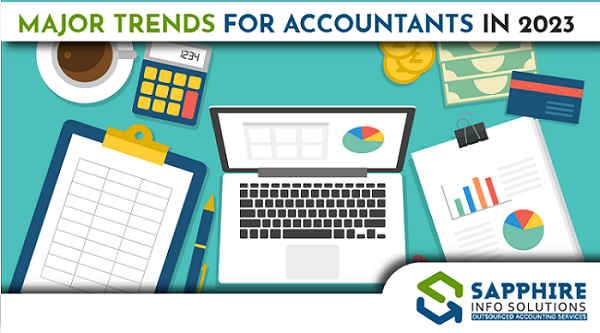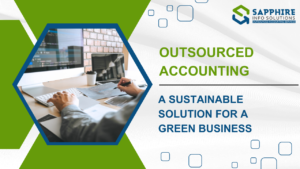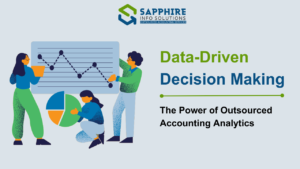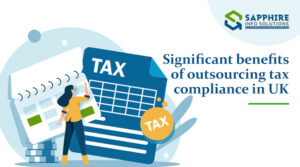The accounting profession has been transforming for years but there has been a massive impact on technology, policy changes and professional regulation just due to pandemic in these past years. The most notable has been the speed of digitisation and shift in how we now work.
So, amid the rapid changes across our industry, both experienced practitioners and new entrants must adapt to the digital future. How will these changes affect our profession? And what impact will the automation of transactional work have on their long-term careers?
Here are some key factors that accounting professionals must address:
- Increasing complexity of legislation: It’s vital professionals stay abreast of the latest news on tax law and policy and support services for both individuals and small businesses, particularly in the wake of COVID-19. These changes are occurring more often and throughout the year – not just during the tax season. This means professionals often have less time to familiarise themselves with the relevant legislation and, therefore, less time to support their clients and deliver true value for their practice.
- A paperless future: In addition to huge numbers of accounting firms adopting hybrid work models, there is a significant push to go paperless. The reasons to do so vary, with some taking a purely environmental and sustainability point of view, while for others getting it right can attract top talent to your business. Best of all, in a paperless work environment, accountants can work from anywhere, anytime.
- Ensuring compliance and ISO-level security: Protecting your sensitive data – particularly client information – is even more essential in a digital-first workplace. This means adopting technology that provides secure access, anywhere and anytime, as well as further investment in staff training on those platforms.
- More automation, less data entry: The adoption of automation tools for accountants and continues to rise, with the latest figures showing accounting is a crucial area for automation (29%), even more so than marketing (28%), sales (27%) and customer service (25%). This means tax specialists can win back more time with automated data pre-filling and broad system integrations, which frees them up to focus on more income-
generating tasks. - Shortage of skilled talent: Despite the benefits technology is bringing to the tax table, many businesses are struggling with a shortage of skilled talent. And the future isn’t looking much brighter, with experts predicting we will need to address a skills gap of 500,000 workers by 2025 across the developed world. There are multiple reasons for this, from changed migration policies, to fear of job security when switching roles, to the much- publicised Great Resignation.
- Outsourcing: To combat the after-effects of state-travel bans and migration shortages, firms that are struggling to scale their tax practice as quickly as they need to, especially for high-volume and transactional work, are instead outsourcing their work. This frees up their staff to perform more advisory-based services.
Automation to play a key role driving the trends in 2023
Automation clearly plays a starring role in changes to the sector. However, it isn’t only supporting professionals in their day-to-day duties it is also informing potential transformations at a much broader scale – including policy, compliance and how the revenue authorities manage our data.
How to use these evolving technologies to your advantage?
- Focus on solutions that drive greater efficiency, improve your processes and help you better manage risk.
- Deploy digital workflows to help improve accuracy and generate new insights that promote scalability efforts.
- Leverage software integrations like e-signatures, which reduce time and paperwork when preparing and lodging tax for clients.
- Don’t neglect technology that supports a hybrid workplace.
For a modern professional to succeed, there must be a clear connection between the home office and the business office.














